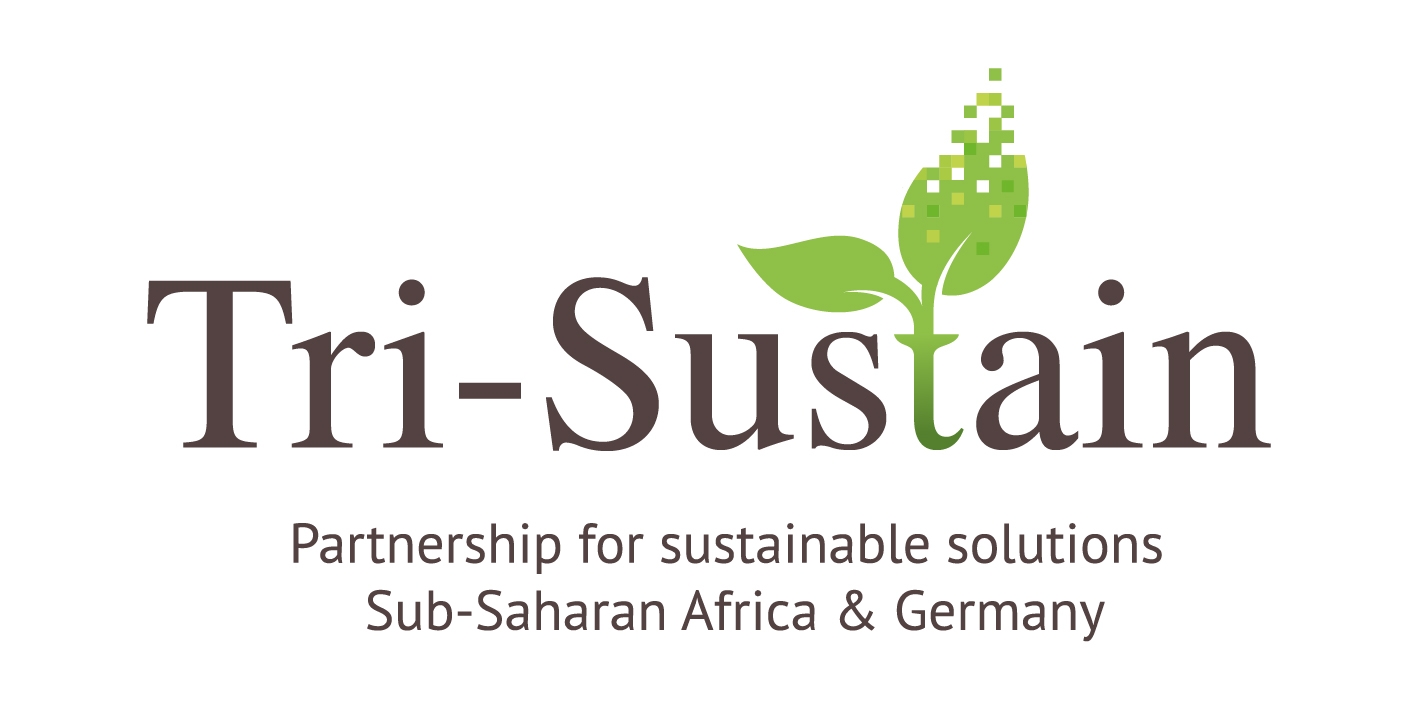Project objectives
The aim of the TRI‐SUSTAIN project is to develop a novel three‐pronged integrated approach towards the goals of bioeconomic value‐chains, ecological and therapeutic sustainability, accompanied by a Graduate School. TRI-SUSTAIN focusses on the following subject fields:
1. Bioeconomic sustainability
Traditional medicinal plants that are therapeutically important as well as ancillary plants will be identified and selected through available literature and close collaboration with traditional healers' networks. Thereby, the selection criterion will be the suitability at least for a local market whose boundaries can be extended to overcome rural and urban gaps. Standardized traditional medicines and new pharmaceutical formulations will add value to the widely used raw materials which will lend sustainable efficiency to traditional medicine.
2. Ecological sustainability
Traditional medicine based value chains will be established based on controlled medicinal plant cultivation and based on a more efficient use of existing medicinal plant resources through more resourceful pharmaceutical formulations. Special emphasis will be put on plant-based excipients in the formulation of traditional medicines as they are more important by produced mass than the active ingredients but not less important for therapeutic use. So far, plant-based excipients have largely been neglected in traditional medicine research.
3. Therapeutic sustainability
Identification of the therapeutically active principles and/or lead principles which will serve as molecular standards of plant extracts, as well as therapeutically relevant plant-derived excipients of Subsaharan medicinal plants will provide leads for synthesis that can potentially promote access to therapeutics without further depleting natural resources.
Staff and Partnership Sustainability (Graduate School)
The PhD Graduate program ensures personnel and partnership sustainability by training young scientists in the subjects in the following ways:
(a) The young scientists will do the research. This will include and stimulate cooperation between scientists from the three African partner countries.
(b) The Graduate Schools will instill and disseminate the theoretical knowledge needed for and acquired through the project.
(c) The Graduate Schools will continue, foster and develop sustainable partnerships between the individuals involved, viz. junior and senior scientists, entrepreneurship experts and company staff in all partner countries. Scientists and experts from outside the project consortium will be asked to teach in the Graduate Schools, fostering more partnerships.




